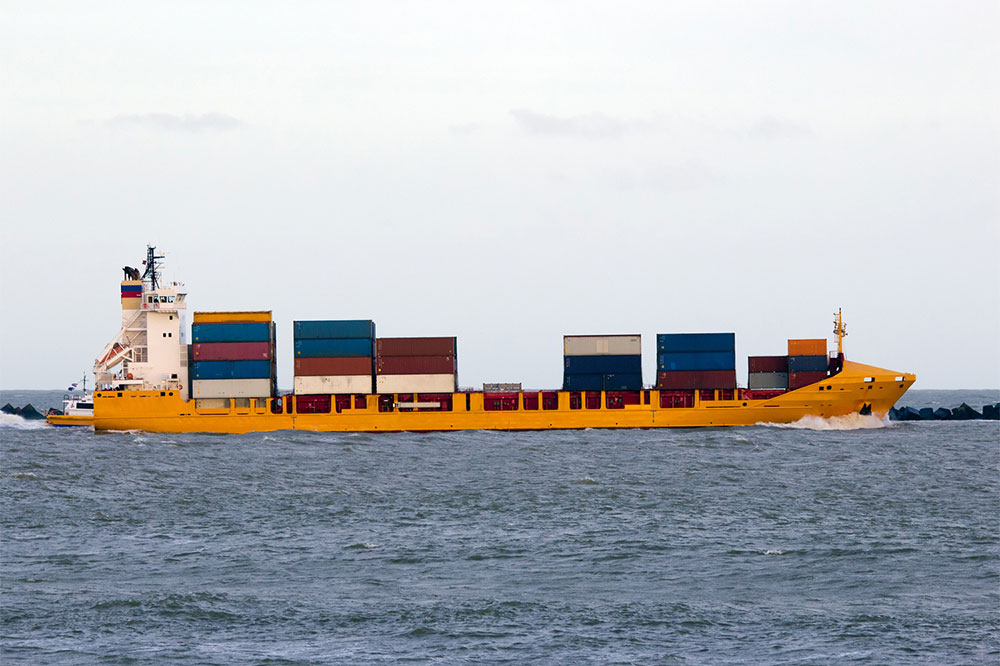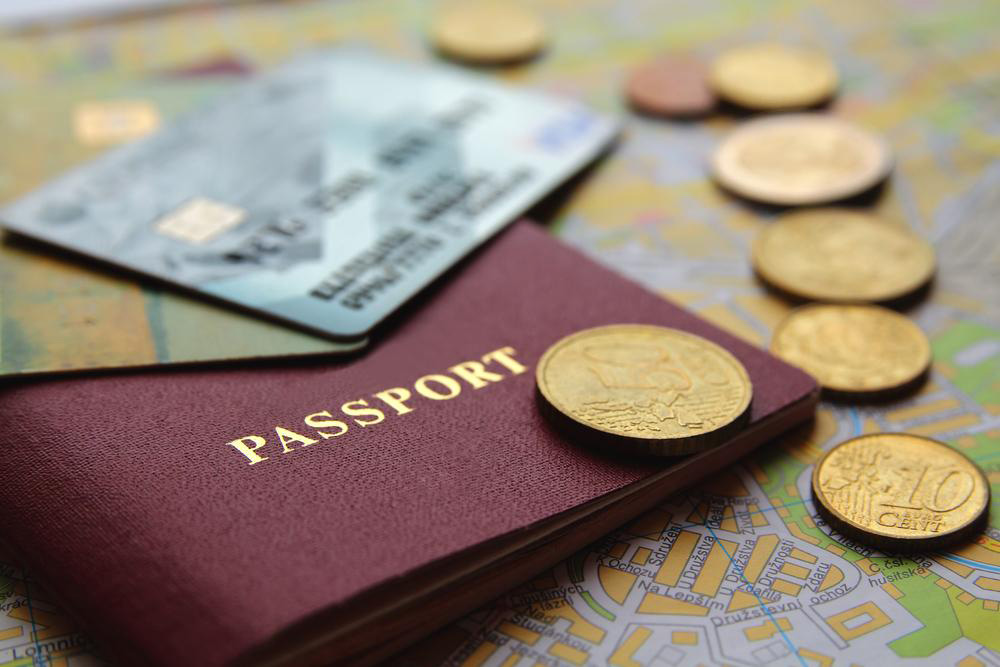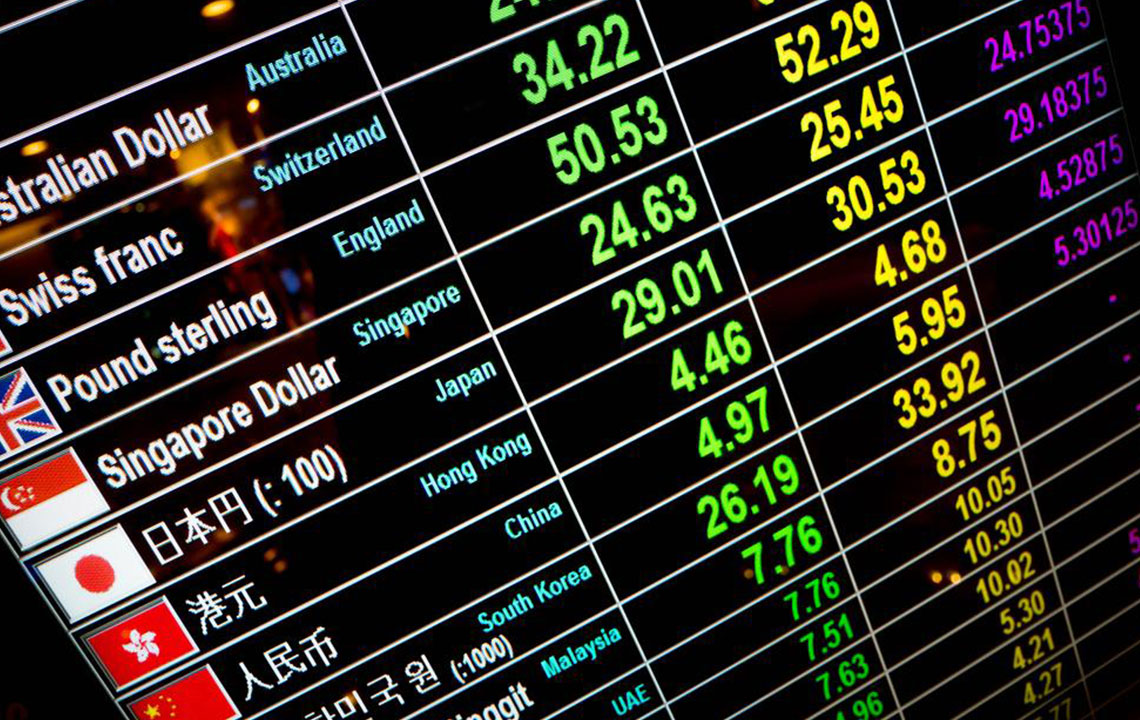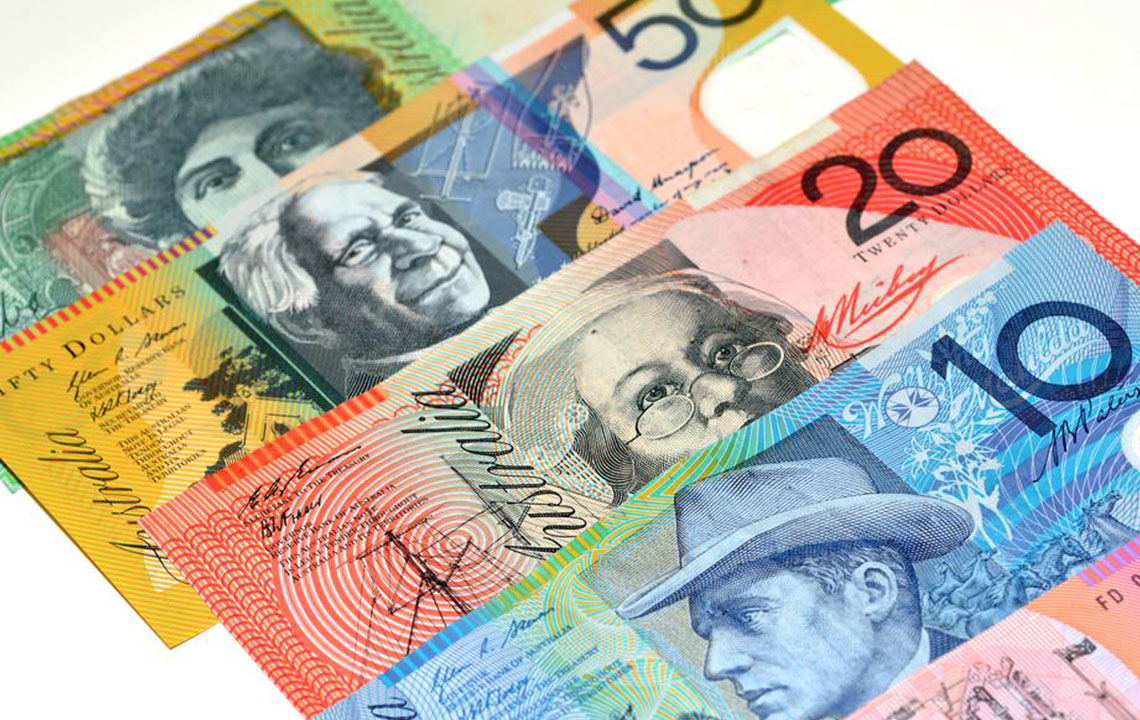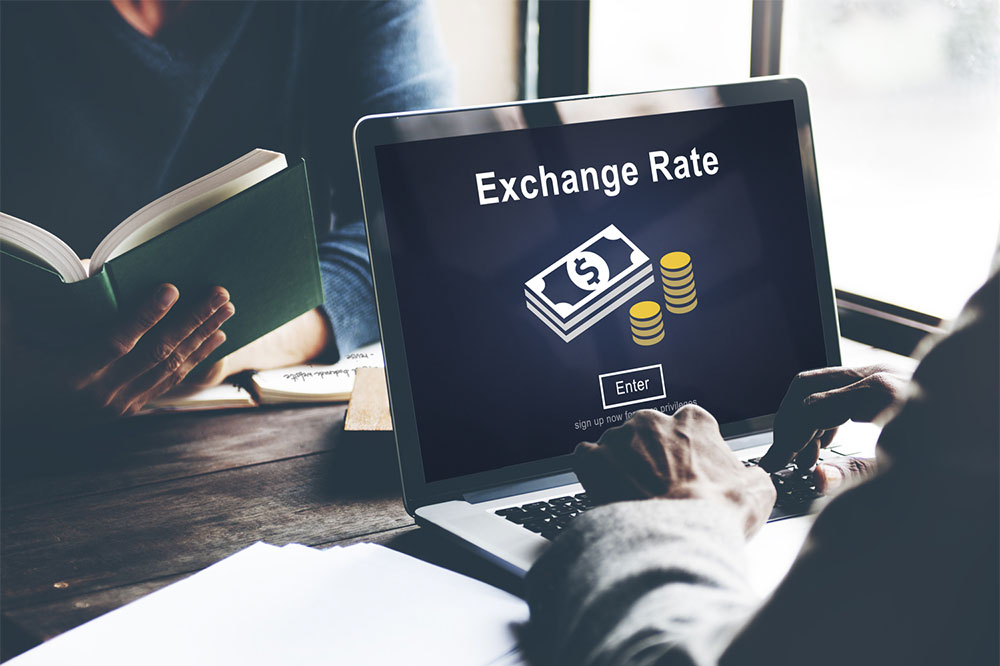Comprehensive Guide to International Currency Exchange and Its Impact on Global Trade
This comprehensive guide explores the essentials of international currency exchange, its significance in global trade, market mechanisms, exchange rate dynamics, and the impact of technological advancements. Understand how forex trading supports cross-border transactions and economic stability, offering insights for traders, businesses, and travelers alike.
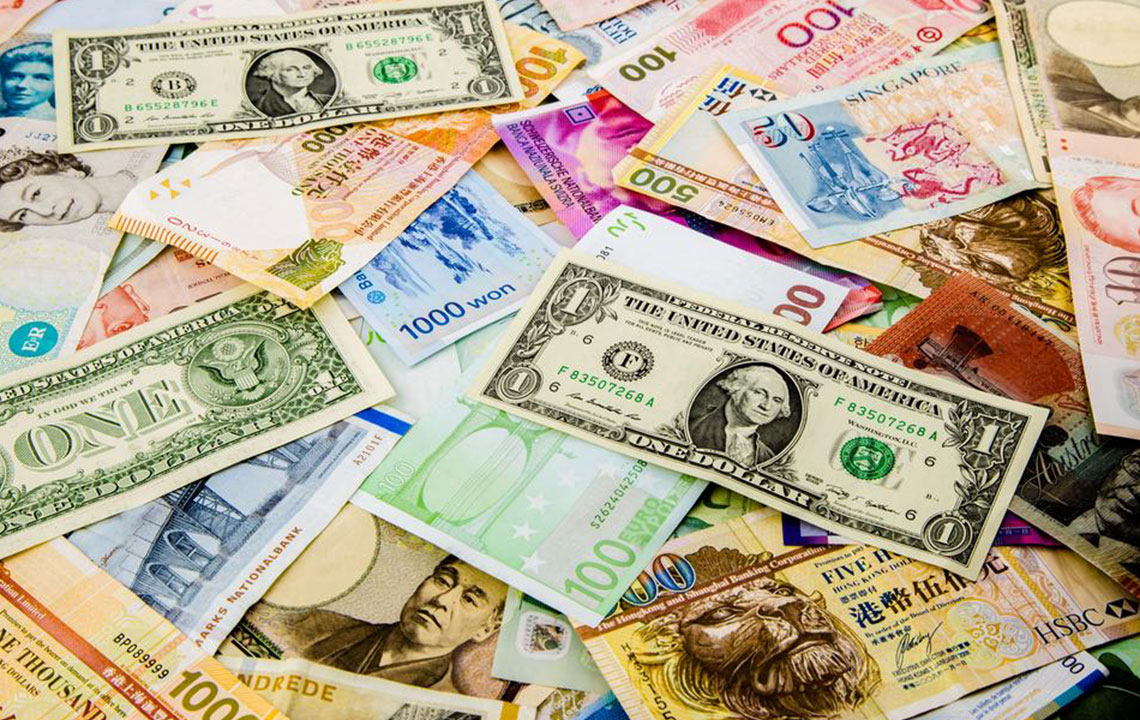
Comprehensive Guide to International Currency Exchange and Its Impact on Global Trade
In today’s interconnected world, international currencies play a pivotal role in facilitating global commerce and economic growth. As businesses and consumers engage in cross-border trade, understanding the mechanisms of currency exchange becomes essential. International currency exchange, often referred to as forex or foreign exchange trading, is the decentralized marketplace where currencies are bought and sold around the clock. This financial activity supports international transactions, investments, and travel, making it a cornerstone of the modern global economy.
With advancements in technology, currency trading has shifted from traditional brick-and-mortar institutions to electronic platforms accessible 24 hours a day, five days a week. Major financial centers like London, New York, Tokyo, and Frankfurt serve as vital hubs for forex trading. The continuous nature of this market ensures high liquidity, enabling traders and businesses to execute currency conversions swiftly and efficiently. This dynamic environment allows for significant movement in currency values, influenced by various economic indicators, geopolitical events, and market sentiments.
A key concept in understanding international currency exchange is the exchange rate, which denotes how much one currency is worth relative to another. These rates fluctuate constantly due to supply and demand, economic policies, inflation rates, interest rates, and other macroeconomic factors. For example, the Euro (EUR) and the United States Dollar (USD) are among the most traded currencies worldwide, often forming the core of global currency pairs. When a traveler from Europe trips to the U.S., they exchange euros for dollars based on the current rate, which may vary from day to day. Similarly, corporations involved in international trade monitor these rates to hedge against currency risks and optimize profits.
Forex trading involves both speculators and hedgers. Speculators aim to profit from currency fluctuations by buying currencies expected to appreciate and selling those anticipated to decline. Hedgers, such as multinational corporations, use currency derivatives to protect against adverse movements that could impact their earnings or costs. This market offers numerous financial instruments, including spot transactions, futures, options, and swaps, catering to various trading strategies and risk management needs.
The influence of currency exchange extends beyond individual traders and businesses. Governments often intervene in forex markets to stabilize their currencies or achieve specific economic objectives. Central banks, for instance, may buy or sell their national currencies to influence exchange rates, control inflation, or support economic growth. These interventions can have profound effects on currency values and global financial stability.
Understanding the intricacies of international currency exchange enables market participants to make informed decisions, manage risks, and capitalize on opportunities. As the global economy continues to evolve, so too will the currency markets, driven by technological innovations, economic developments, and geopolitical shifts.
In conclusion, international currency exchange is a vital component of the global financial system. Its continuous, high-volume trading supports the flow of goods, services, and investments across borders, shaping the economic landscape of nations worldwide. Whether you're a trader, a business owner, or a traveler, staying informed about currency dynamics can improve decision-making and foster a deeper understanding of the interconnected world economy.
